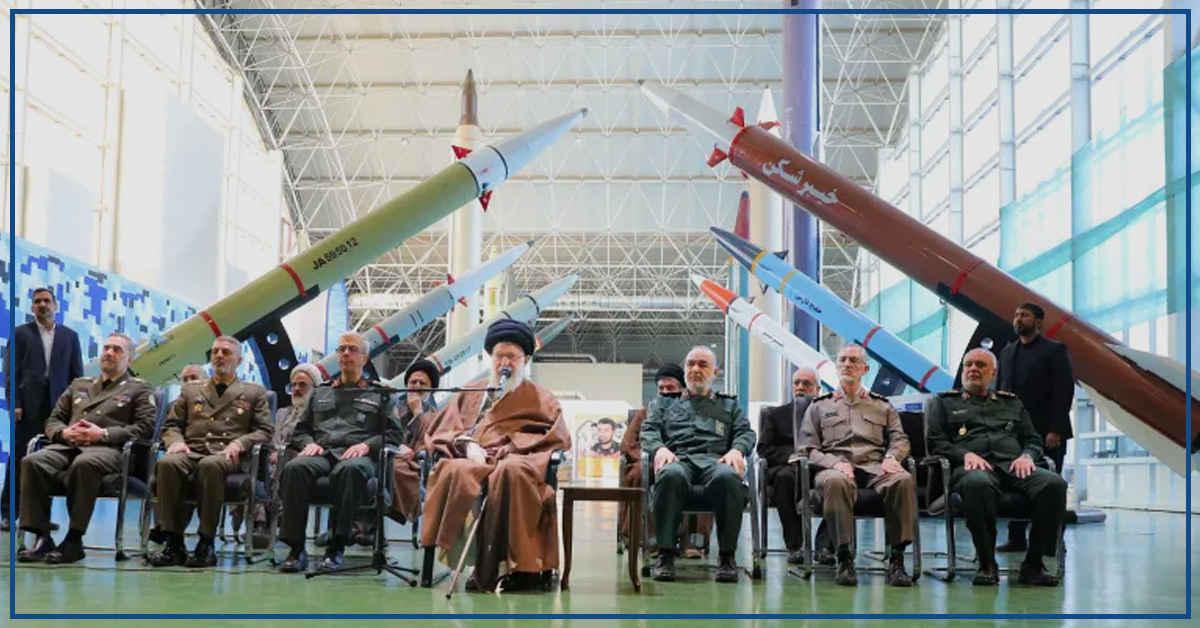Iran’s Supreme Leader, Ayatollah Ali Khamenei, has made a resolute statement following a recent strike in Syria, declaring that “Israel will be punished” for its actions. This declaration underscores the escalating tensions in the region and reflects Iran’s unwavering stance against perceived aggression. Let’s delve into the context, implications, and potential ramifications of Khamenei’s statement.
The recent strike in Syria, allegedly conducted by Israel, has intensified geopolitical tensions in the Middle East. Iran, a staunch ally of the Syrian regime, views such actions as direct threats to its interests and regional stability. Against this backdrop, Ayatollah Khamenei’s pledge to retaliate against Israel signifies Iran’s commitment to defending its allies and asserting its influence in the region.
Ayatollah Khamenei’s statement carries significant weight, as he is not only the spiritual leader of Iran but also wields considerable political authority. By publicly vowing to punish Israel, Khamenei is sending a clear message to both regional adversaries and the international community about Iran’s readiness to confront perceived threats head-on. This rhetoric is in line with Iran’s longstanding policy of resistance against external pressures and aggression.
The escalation of tensions between Iran and Israel has broader implications for regional dynamics, particularly in the context of ongoing conflicts in Syria and beyond. As Iran strengthens its ties with allies in the region, such as the Syrian regime and Hezbollah in Lebanon, the risk of a wider confrontation looms large. Any military escalation could have destabilizing effects on neighboring countries and exacerbate existing conflicts.

In response to Khamenei’s statement, the international community, including key stakeholders such as the United States and European Union, is closely monitoring the situation. Efforts to de-escalate tensions and promote dialogue are underway, with diplomatic channels being actively utilized to prevent further escalation. However, the complexity of regional dynamics and the entrenched positions of various actors present formidable challenges to achieving lasting peace and stability.
Iran’s alliances with Russia, China, and other actors play a crucial role in shaping the geopolitical landscape of the Middle East. As Iran seeks to assert its influence and protect its interests, these alliances serve as both a source of support and a potential deterrent against external pressure. The alignment of interests among these actors further complicates efforts to resolve conflicts peacefully and underscores the need for nuanced diplomacy.
The situation in the Middle East remains fluid, with multiple potential scenarios unfolding depending on the actions of various stakeholders. While efforts to de-escalate tensions are underway, the risk of further military confrontation cannot be ignored. Any escalation carries the risk of unintended consequences and could plunge the region into a protracted conflict with far-reaching implications for global security and stability.
Ayatollah Khamenei’s vow to punish Israel for the Syria strike reflects Iran’s determination to defend its interests and allies in the face of perceived aggression. The escalating tensions in the region underscore the need for concerted diplomatic efforts to prevent further escalation and promote lasting peace. However, the complex web of alliances and entrenched interests complicates the path to resolution, leaving the region teetering on the brink of conflict.





